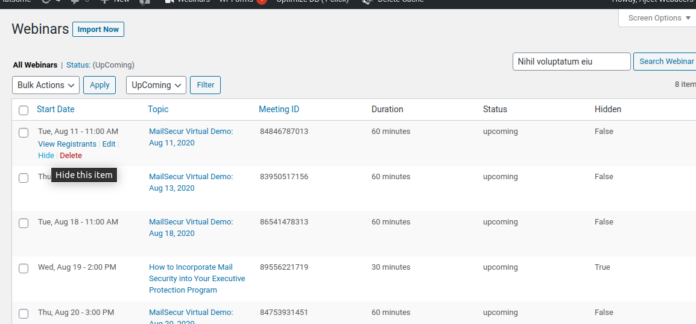The digital age is reshaping how businesses interact with customers, placing seamless and personalized experiences at the heart of success. In 2025, API integration stands out as a crucial enabler for businesses striving to meet these heightened expectations. By connecting platforms, enabling real-time data sharing, and streamlining processes, APIs empower organizations to deliver exceptional customer journeys. Let’s explore how API integration is revolutionizing customer experience in 2025.
What Is API Integration and Why Does It Matter?
API integration refers to the process of connecting multiple software applications through Application Programming Interfaces (APIs). This allows systems to communicate and share data in real-time, creating a unified ecosystem.
APIs are pivotal for modern businesses as they:
- Enable seamless data exchange between disparate systems.
- Support automation and reduce manual workflows.
- Foster innovation by allowing integration with cutting-edge technologies like AI and IoT.
In 2025, businesses leveraging robust API strategies are better equipped to enhance customer satisfaction, improve operational efficiency, and stay competitive.
The Customer Experience Landscape in 2025
Customer expectations have evolved dramatically. Today’s customers demand:
- Instantaneous support: Quick resolutions via chatbots or live assistance.
- Personalized recommendations: Tailored suggestions based on browsing history and preferences.
- Omnichannel experiences: A unified journey across mobile apps, websites, social media, and in-store interactions.
Emerging technologies such as AI, AR/VR, and IoT are shaping these expectations. API integration is the backbone of these advancements, ensuring a smooth exchange of data and functionality across platforms
How API Integration Enhances Customer Experience
- Seamless Data Flow: APIs facilitate smooth communication between systems like CRMs, e-commerce platforms, and customer service tools, ensuring consistent and accurate information.
- Personalization: By integrating APIs with analytics tools, businesses gain insights into customer behavior, enabling personalized interactions and recommendations.
- Faster Service: APIs enable integration with AI-driven chatbots and support systems, providing customers with instant solutions to their queries.
- Omnichannel Support: APIs connect various touchpoints, offering a unified experience whether the customer is shopping online, engaging on social media, or visiting a physical store.
- Innovative Services: APIs empower businesses to introduce customer-centric features like real-time order tracking, dynamic pricing, and voice-activated services.
Industry Use Cases: API Integration in Action
- Retail: APIs connect inventory management systems with e-commerce platforms to provide real-time stock updates, improving shopping experiences.
- Healthcare: Patient portals integrated with scheduling systems and tele-medicine platforms ensure seamless and timely care.
- Finance: APIs enable secure digital banking, instant payment gateways, and fraud detection systems, enhancing trust and convenience.
- Travel: APIs aggregate data from flights, hotels, and rental services into unified platforms, simplifying trip planning for customers.
The Challenges of API Integration
While APIs offer transformative potential, businesses may encounter challenges such as:
- Compatibility Issues: Ensuring seamless integration between legacy systems and modern platforms.
- Data Security Concerns: Protecting sensitive customer data during exchanges.
- Scalability: Managing API performance under high traffic volumes.
To overcome these hurdles, businesses must adopt robust API management tools, invest in security measures, and partner with experienced API developers.
Future Trends in API Integration for Customer Experience
- AI-Driven APIs: APIs integrated with AI will enhance predictive customer service, enabling businesses to anticipate and fulfil needs before they arise.
- IoT Expansion: APIs will play a critical role in connecting IoT devices, creating smarter and more responsive customer environments.
- API Marketplaces: These platforms will make it easier for businesses to find and integrate pre-built APIs tailored to their specific needs.
How WebAcer Software Can Help
At WebAcer Software, we specialize in API development and integration tailored to your business needs. Our expertise helps organizations:
- Connect disparate systems for a seamless workflow.
- Implement secure and scalable API solutions.
- Enhance customer engagement through innovative integrations.
We’ve empowered businesses across industries to elevate their customer experience. Ready to transform your customer journeys in 2025? Contact us today for a free consultation.
Conclusion
API integration is no longer optional in 2025—it’s a necessity for delivering the exceptional customer experiences that drive growth. By leveraging APIs effectively, businesses can unify platforms, personalize interactions, and streamline processes, ensuring they stay ahead in an increasingly customer-centric world. Start your journey toward seamless customer experiences with WebAcer Software today.




